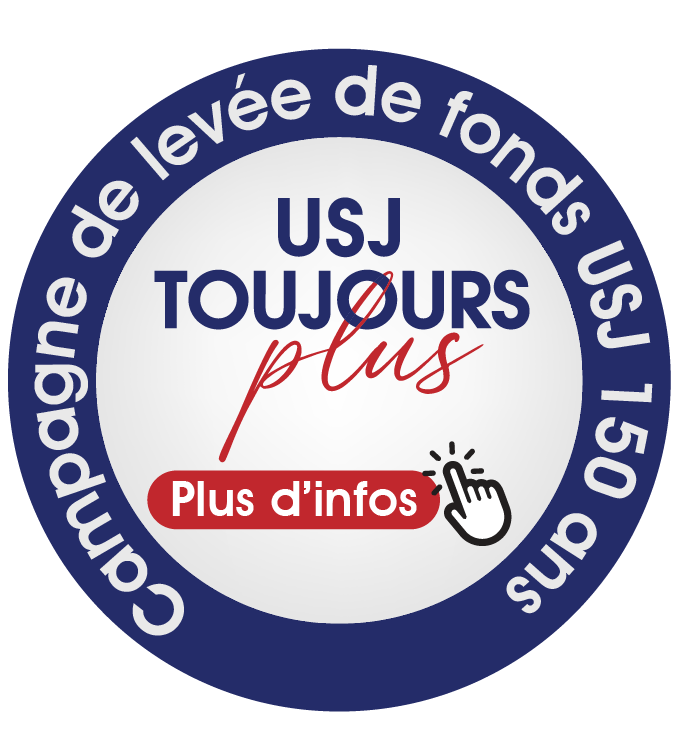| 040RMPRL7 | Research Methods: Types and quantitative designs |
|---|---|

|
This TU is aiming at presenting to Bachelor’s student in SLT (Year 4), main principles of quantitative and qualitative research, as well as Systematic review methodology. SLT students’ and professional’s research is rather different from the research of other professionals groups such as med students, or psychologists. SLTs have often prioritized the experience of individuals, which has become important in a world where patient satisfaction is at a premium and personalized care a priority. Quantitative methods are good for asking certain sorts of questions, whether an intervention works, for example. But it is also clear that it is not as sufficient as it is and it becomes more important to know how it works to assess its feasibility, acceptability and transferability. This is where qualitative method properly conducted should help. This TU will address directly both methods used in SLT and communication disabilities as well the Systematic Reviews method. Temps présentiel : 12 heures Charge de travail étudiant : 50 heures Méthode(s) d'évaluation : Examen final, Projets Référence : |
| Ce cours est proposé dans les diplômes suivants | |
|---|---|
| Master en orthophonie Bachelor in speech and language therapy |



 Institut supérieur d'orthophonie
Institut supérieur d'orthophonie